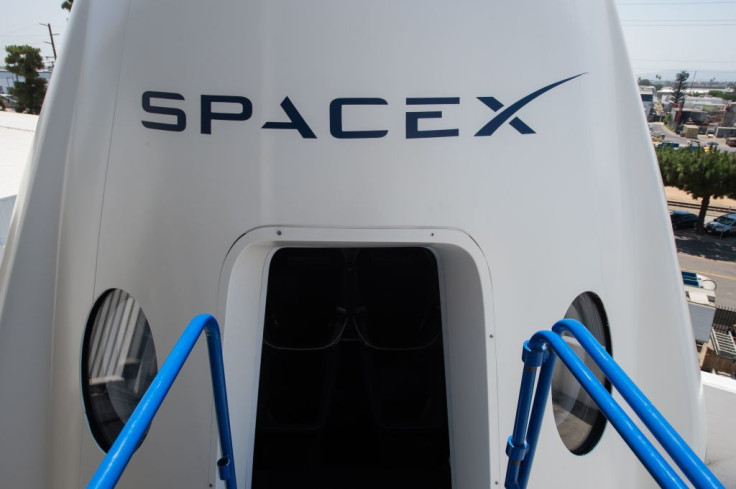Video Shows SpaceX New NASA Spaceship Exploding During Safety Test

It turns out the “capsule anomaly” first acknowledged by SpaceX on Saturday was a lot more serious.
On Saturday, Florida media reported numerous witnesses seeing orange smoke rising above SpaceX’s facilities at Cape Canaveral. The test "sent a reddish-orange plume into the sky visible for miles around," suggesting a fairly serious malfunction of the engine systems, said Spaceflight Now, which described the anomaly as an accident.
BREAKING: #SpaceX Crew Dragon suffered an anomaly during test fire today, according to 45th Space Wing. Smoke could be seen on the beaches.
— Emre Kelly (@EmreKelly) April 20, 2019
"On April 20, an anomaly occurred at Cape Canaveral AFS during Dragon 2 static test fire. Anomaly was contained and no injuries." pic.twitter.com/If5rdeGRXO
A video making rounds online shows Crew Dragon being destroyed in a massive explosion during the safety test.
An unverified video from a user named Astronut099 (allegedly a SpaceX intern) was posted on Twitter claiming to show the results of the failed test. The video shows a large explosion in the capsule. SpaceX refused to comment on the video and stood by its statement on the event.
“Yep, this isn’t good,” wrote Astronaut 099.
SpaceX then issued a statement about an “anomaly” taking place. It said this event was contained with no injuries, raising speculation this might have been dangerous enough to cause casualties.
“The initial tests completed successfully but the final test resulted in an anomaly on the test stand,” said SpaceX in a statement.
SpaceX has since revealed it was a static-fire test of the emergency escape rocket system for its new human-capable Crew Dragon spacecraft that took place when the "anomaly" occurred.
Although it can’t yet be confirmed, it appears the rocket engine that would have propelled Crew Dragon to safety in an abort emergency had exploded prematurely.
"Earlier today, SpaceX conducted a series of engine tests on a Crew Dragon test vehicle on our test stand at Landing Zone 1 in Cape Canaveral, Florida,” said SpaceX.
“The initial tests completed successfully but the final test resulted in an anomaly on the test stand. Ensuring that our systems meet rigorous safety standards and detecting anomalies like this prior to flight are the main reasons why we test. Our teams are investigating and working closely with our NASA partners."
© Copyright IBTimes 2024. All rights reserved.





















